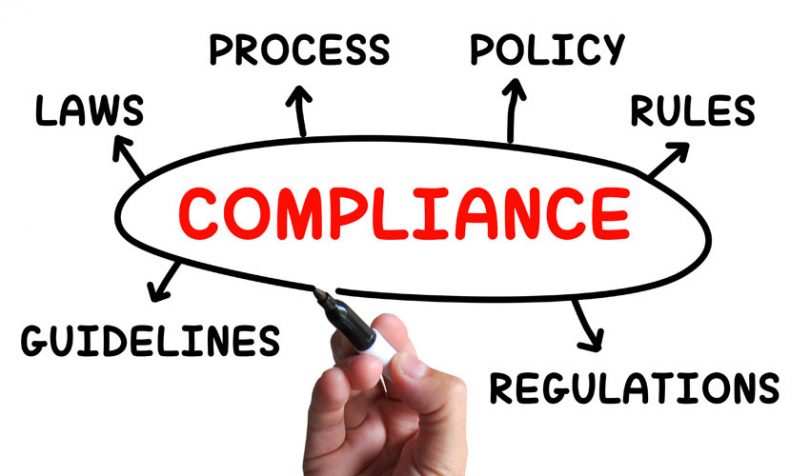Yesterday the Chairman of the US Commodities Futures Trading Commission (CFTC), J. Christopher Giancarlo, gave a keynote address at FinTech Week at Georgetown University Law School. In the speech, Giancarlo highlighted the role of distributed ledger technologies (DLT) in both trading and compliance.
Giancarlo’s talk only touched on DLT. The primary focus was on big data, automated analysis and artificial intelligence (AI). Particularly the ability to glean insights as a regulator from ever-expanding data lakes.
Talking about the increasing automation of markets, the chairman said: “As we think about the application of these technologies to trading markets, it is no leap of the imagination to consider how automation could help reduce cost and bring efficiencies to trade matching, processing, and clearing and settlement. Indeed, when paired with systems inspired by DLT that standardize and distribute data to market actors – and even regulators – we begin to see a world where the majority of standard tasks are managed by machine.”
He used the term “QuantReg” to refer to quantitative regulation. Automation is extending from market operators to regulators. “We can also envision the day where rulebooks are digitized, compliance is increasingly automated or built into business operations through smart contracts, and regulatory reporting is satisfied through real-time DLT networks,” said Giancarlo. “The machines here at the CFTC would have the ability to communicate regulatory requirements and consume and analyze the data that comes in through such systems.”
The chairman highlighted the human impact of automation. Both concerning the challenge for labor markets but also how AI is used. “Yet, in my view, being a quantitative regulator does not mean replacing human judgment and market intelligence; it means reinforcing it.” He continued: “It means freeing agency staff from repetitive and low-value tasks to focus on high-value activities that require their expert judgment and domain knowledge.”







